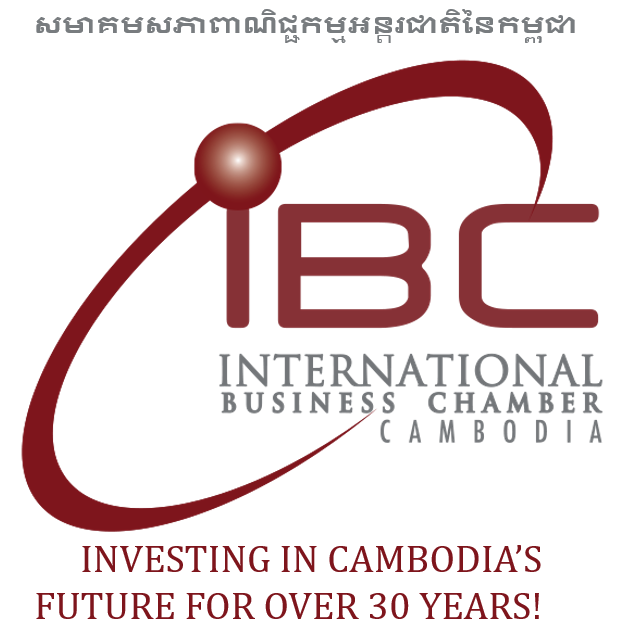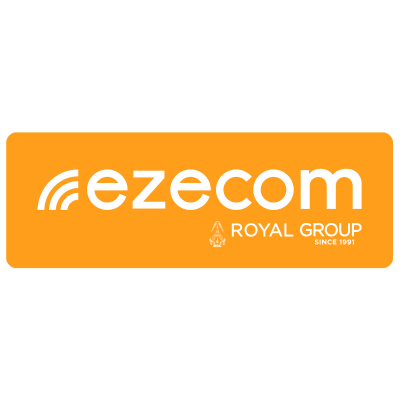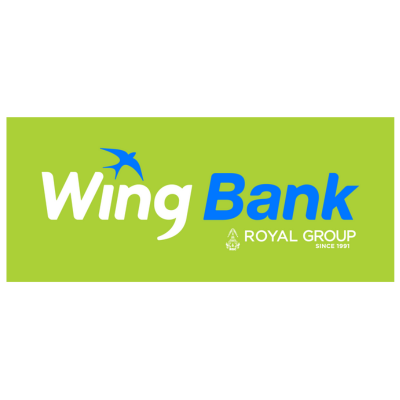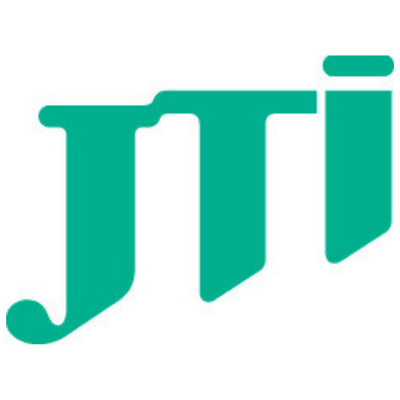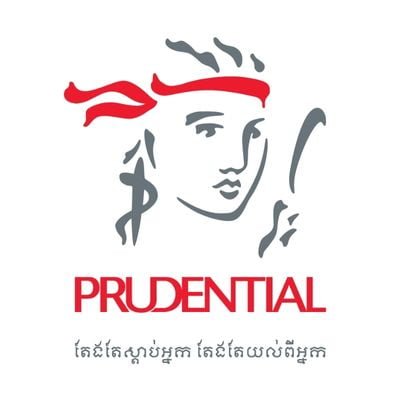Cambodia Investment Review
This article is part two of our review of the International Chamber of Commerce in Cambodia Open Meeting at Rosewood Phnom Penh, focusing on logistics, FMCG, real estate, and energy sectors. Industry leaders Brendon Bangma, Andy Hewson, Ross Wheble, and Frantz Vaganay shared insights on challenges and opportunities for the second half of 2024, building on our initial overview of the first four sectors.

Energy Sector Poised for Growth With New Regulations and Renewable Projects
Frantz Vaganay, Director and Partner at Sevea Consulting highlighted the recent implementation of the new RTS regulation, which was signed on March 12, 2024, by the Electricity Authority of Cambodia (EAC). This regulation establishes new procedures for issuing new permits for solar rooftop photovoltaic (PV) installations and also the introduction of a compensation tariff which has yet to be publicized The RTS regulation marks a significant step forward in revitalizing solar energy adoption in Cambodia, Vaganay remarked. Additionally, the sector has witnessed the announcement of the establishment of the first two wind farms in Kampot and Mondolkiri, further diversifying the country’s renewable energy portfolio.
Read More: Cambodia Enters Energy Saving Mode, Assures No Side-Effects On Kingdom’s Economic Growth

In terms of ongoing projects, Vaganay noted the construction of major solar farms in Kampong Chhnang and Pursat, with capacities of 60 MW and 150 MW, respectively. These projects are expected to contribute significantly to the higher penetration of renewable energy into the nation’s energy mix. “The development of these solar farms is crucial for enhancing Cambodia’s renewable energy capacity and reducing reliance on traditional energy sources,” he explained. Moreover, the finalization of the Electric Vehicle National Policy underscores the government’s commitment to advancing sustainable transportation solutions. Vaganay emphasized, “This policy will pave the way for the growth of the electric vehicle market, supporting our overall green energy transition.”
Looking ahead, Vaganay identified several opportunities for investment and growth in the energy sector. The government’s call for investments to support the green energy transition opens up potential areas such as infrastructure development, energy service companies, and consulting services focused on capacity building and policy formulation. “Investors have a unique opportunity to contribute to Cambodia’s sustainable energy future,” Vaganay stated. The notable 22% increase in electricity consumption over the past six months further underscores the urgent need for continued investment and development in the energy sector to meet growing demand and support economic growth.
Logistic Sector Faces Challenges but Finds Opportunities in Rail and Regulatory Improvements
Brendon Bangma from Linfox provided an overview of the logistics sector, highlighting current challenges and potential growth areas. The sector is currently facing an imbalance with imports exceeding exports due to disrupted export markets. “The export market is interrupted as ships are re-routed via the Cape of Good Hope, leading to higher import truck costs stable at $260 per truck and a slight decrease in export truck costs to $180 from $200,” Bangma explained. Despite high USD rates stabilizing diesel prices, there is an increasing shift towards rail for LNG/LPG imports and Thai imports loaded at Poipet.
The past six months have seen notable changes in the logistics sector. Diesel prices have slightly decreased, resulting in a modest reduction in road transport costs across the country. Investment and mergers have been significant, with Bollore Logistics merging with CEVA, SCG and JWD merging into SCGJWD, and SF Logistics extending its investment into Kerry Thai. Additionally, Royal has acquired additional locomotives from Japan. “These mergers and investments are streamlining operations and increasing capacity within the sector,” Bangma noted.

Looking forward, the logistics sector sees several opportunities, particularly in investment and regulatory improvements. Better connectivity between PPAP and Cai Mep Deep Sea Port, along with the missing rail link to Vietnam, could enhance efficiency. Regulatory changes such as cross-border rail harmonization and easing of cross-border truck permits are expected to lower border costs. Furthermore, reducing heavy vehicle import taxes could lower freight costs. “Investments in connectivity and regulatory improvements will be pivotal in reducing costs and increasing efficiency in the logistics sector,” Bangma emphasized, highlighting the sector’s potential for growth and development.
FMCG Sector Faces Challenges but Anticipates Recovery
Andy Hewson, Managing Director of Heineken Cambodia Co., Ltd., provided an overview of the fast-moving consumer goods (FMCG) sector. Hewson highlighted the strong performance during the Khmer New Year period, though trading in May and June has been very soft. “The market is expected to improve in the second half of the year,” Hewson stated. However, business cash flow remains a concern, and the cost of doing business is rising faster than the inflation rate. The low season, marked by the rainy period from June to August with no festivals or holidays, also poses challenges.
Read More: Heineken® Kicks Off Star Quality Program To Find Cambodia’s Best Bartenders
Over the past six months, the FMCG sector has experienced several significant changes. The 2023 performance was lower compared to 2022, but forecasts for 2024 indicate a stable year with a return to growth expected in 2025. “Consumption remains well below 2019 levels, and while tourism is gradually recovering, it is still below pre-pandemic levels,” Hewson noted. The sector has also seen an increase in new product innovations and the formation of a government Alcohol Working Group in response to concerns over irresponsible marketing practices.

Looking forward, the FMCG sector sees multiple opportunities for growth. Driving growth through new product innovations, improving productivity to unlock efficiencies, and building capabilities, especially among young talents, are key focus areas. “We are committed to responsible marketing and promotions, tax compliance, and sustainability initiatives,” Hewson emphasized. Additionally, accelerating digitalization through technology and data-driven insights will be crucial for the sector’s future success. “Our goal is to enhance value and drive sustainable growth in the FMCG sector,” Hewson concluded.
Real Estate Sector Experiences Market Correction and Emerging Opportunities
Ross Wheble, Country Head of Knight Frank (Cambodia) Pte Ltd, highlighted the current status and future outlook for the real estate sector. The market in Phnom Penh (PP) and Sihanoukville (SNV) remains status quo with oversupply across all sectors. “Phnom Penh is facing an oversupply of overpriced properties, though some projects like Times Square, JT3, and GIA are outperforming the market,” Wheble explained. The sector is undergoing a major market correction, with prime land prices down by up to 40% in Phnom Penh. Despite the lack of liquidity in real estate and banking due to double-digit non-performing loans (NPLs), Siem Reap (SR) is starting to rebound, although SIA arrivals dipped during Q1 2024.
Over the past six months, several significant changes have taken place in the real estate sector. An aggressive PR roadshow by the new government and the Cambodia Chamber of Commerce (CCC) has been launched, resulting in the signing of many government-to-government (G2G) trade agreements and memorandums of understanding (MOUs). “Investors are finally returning but expect big discounts,” Wheble noted. The launch of the Sihanoukville (SNV) Special Investment Promotion Programme and confirmation of major infrastructure projects have also marked this period. Additionally, international tourist arrivals noticeably increased during Q1 2024, though primarily consisting of low-value and premium tourists.

Looking forward, the real estate sector sees several opportunities. The market appears to be nearing the bottom, presenting good acquisition opportunities over the next six months, including potential mergers and acquisitions (M&A). “It’s a great time for buyers and tenants to consider relocation,” Wheble emphasized. There is increasing demand for business process outsourcing (BPO) and offshoring, with office landlords advised to tap into this demand with government support. Opportunities also exist in industrial and logistics sectors, agricultural processing, the growing data center sector, renewable energy, carbon credits, green bonds, sustainable development, and environmental, social, and governance (ESG) initiatives. “Landlords need to future-proof their investments by aligning with these emerging trends,” Wheble concluded.
Strategic Investments and Innovations Key For Cambodia’s Economic Growth in 2024
As Cambodia moves through 2024, strategic investments, regulatory improvements, and innovation are key. The logistics sector focuses on efficiency and cost reduction, FMCG aims for recovery through innovation, and real estate offers acquisition opportunities while aligning with emerging trends. The energy sector is set for growth with new regulations and renewable projects. Together, these sectors are positioned to drive sustainable economic growth in Cambodia.
